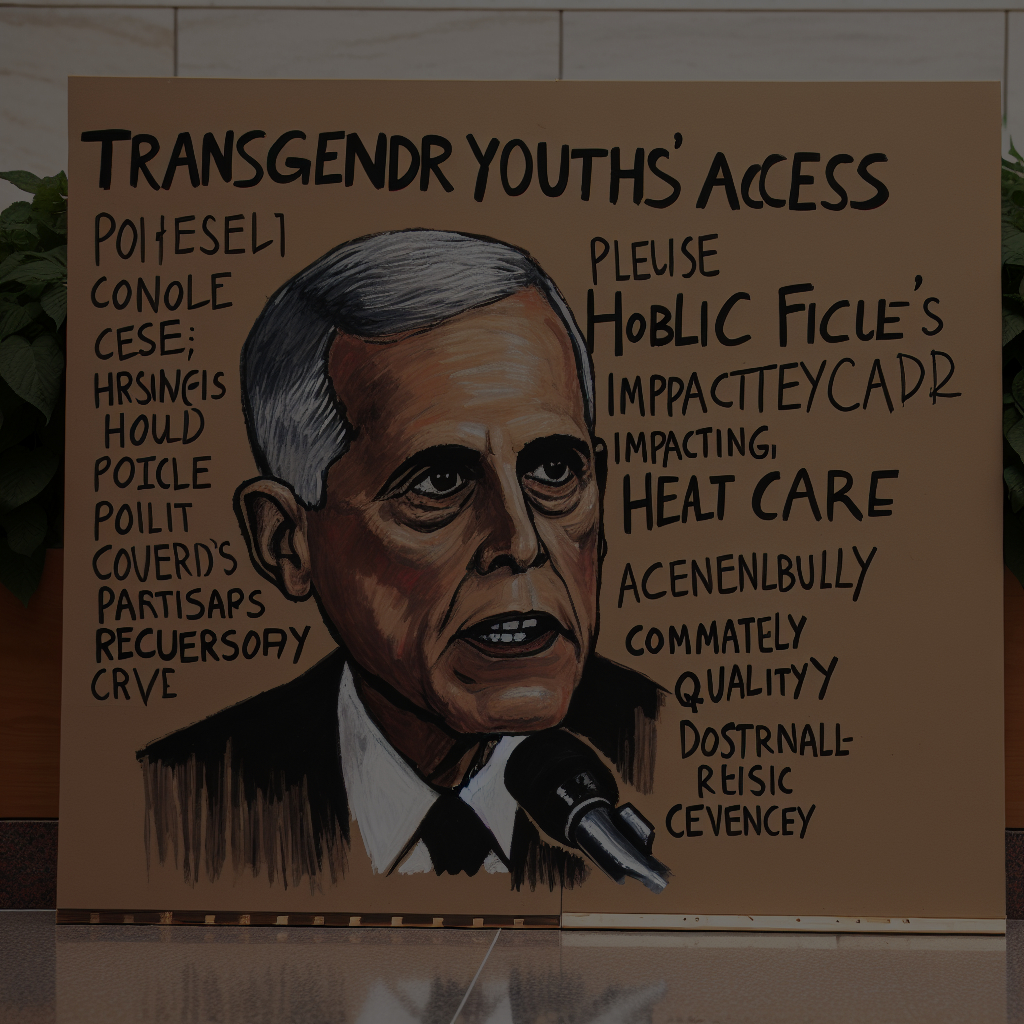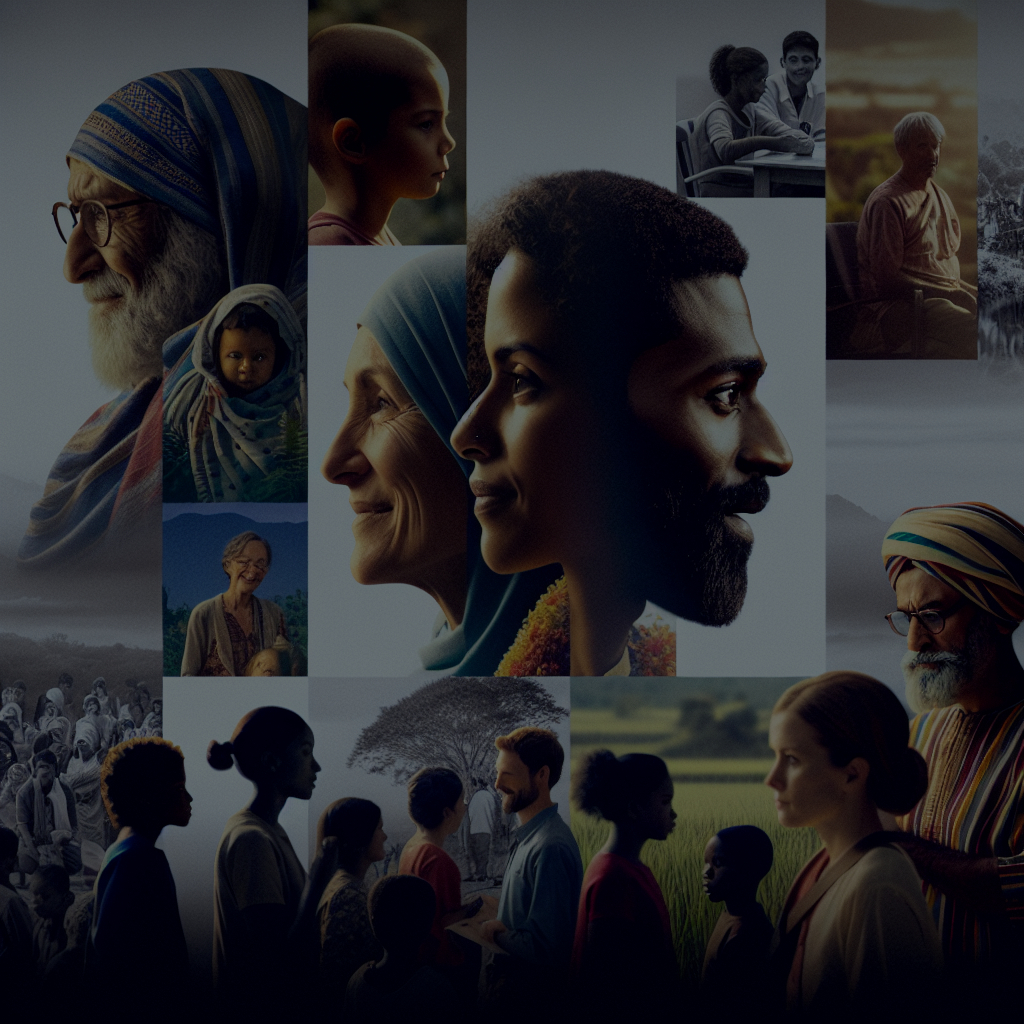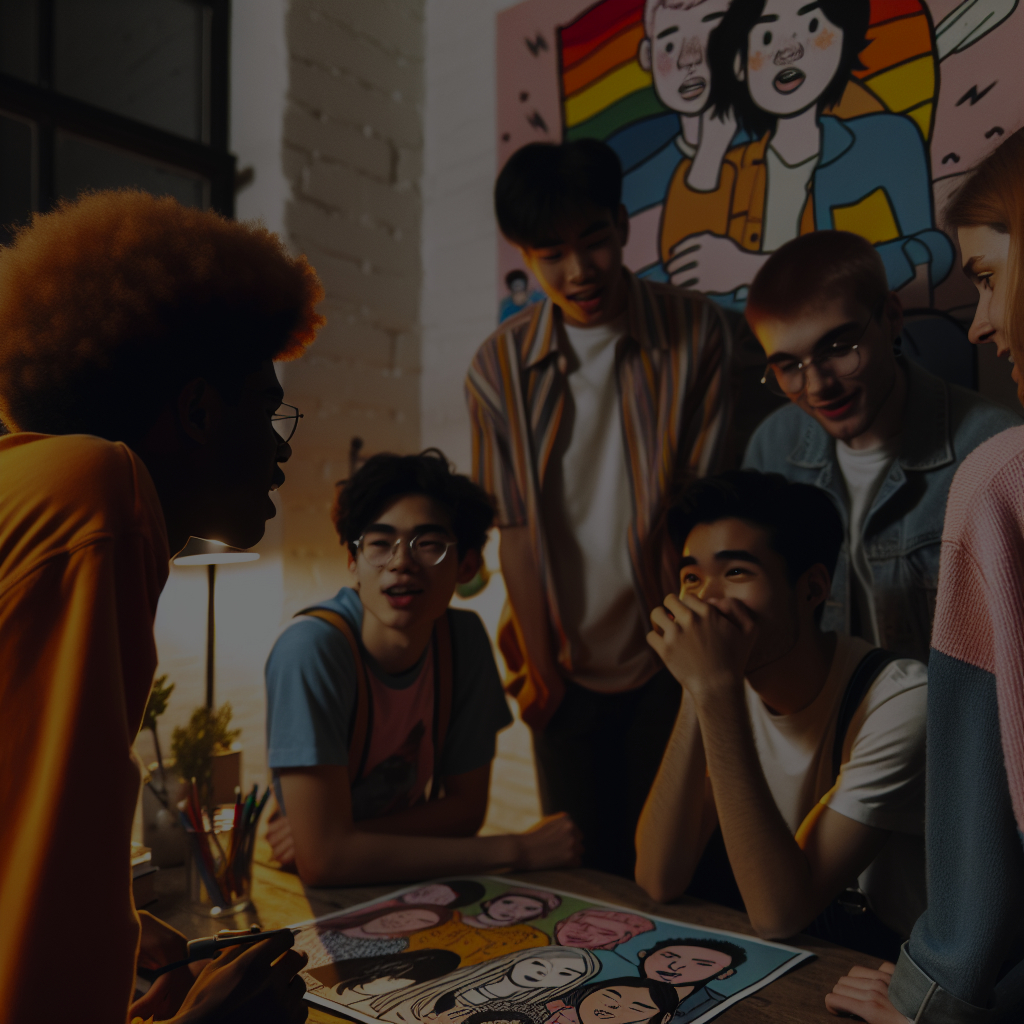LGBTQ and Racialized: Understanding Intersecting Discrimination
Despite persistent discrimination on various fronts, the identity affirmation of racialized LGBTQ individuals continues to grow stronger. Often from immigrant backgrounds, these individuals face a dual experience of exclusion—one rooted in their sexual orientation or gender identity, and another based on race or ethnicity. While legal progress has brought about certain protections, their lived realities remain shaped by both symbolic and structural violence. This underscores the urgent need to approach these issues through an intersectional lens, enabling a deeper understanding of the combined forms of oppression they face and the societal mechanisms that sustain these injustices.
Intersecting Discrimination: Exploring the Lives of Racialized LGBTQ Communities
LGBTQ and Racialized Identities: Definitions, Challenges, and Ongoing Disparities
Terms like “racialized,” “LGBTQ,” “queer,” or “trans” are not just descriptors; they carry powerful political and sociological weight in understanding the realities of marginalized communities. “Racialized” refers to the process by which social groups are categorized and discriminated against based on race constructs, going beyond mere ethnic identification. When combined with LGBTQ+ identities—encompassing lesbian, gay, bisexual, transgender, queer people and others with non-normative gender and sexual experiences—these labels reveal complex layers of marginalization.
For people who embody both racialized and LGBTQ identities, this intersection often results in unique forms of discrimination that are frequently overlooked in public discourse. The constant interplay of racism, homophobia, and transphobia manifests especially in employment, housing, and access to social services. Studies, including a report by DILCRAH, highlight how compounded discrimination lies at the heart of many inequalities impacting these communities, often leading to heightened isolation and invisibility.
- LGBTQ+: Represents a spectrum of non-heteronormative sexual and gender identities.
- Racialized: Refers to individuals marginalized through constructed racial hierarchies.
- Queer: A reclaimed political term to resist heteronormativity and celebrate identity diversity.
- Trans: Refers to individuals whose gender identity differs from the sex assigned at birth.
The following table provides a concise overview of these terms and their broader societal implications:
| Term | Definition | Key Issues |
|---|---|---|
| LGBTQ+ | Broad spectrum of non-normative sexual and gender identities | Visibility, combating homophobia and transphobia |
| Racialized | Individuals targeted by systemic and cultural racism | Exclusion, stigmatization, access inequity |
| Queer | Politically affirming identity challenging norms | Inclusivity, resistance, identity autonomy |
| Trans | Gender identity not aligning with assigned sex at birth | Healthcare access, legal recognition, discrimination |
The Theory of Intersectionality: A Framework for Understanding Multiple Oppressions
Coined by legal scholar Kimberlé Crenshaw in the 1980s, the concept of intersectionality offers a vital framework for analyzing how race, gender, sexuality, and other power dynamics interconnect. Rather than stacking separate biases, it reveals how systems of oppression interweave and create unique, compounded experiences for marginalized individuals.
For racialized LGBTQ populations, this framework illuminates how discrimination affects every facet of life—from diminished legal protections to erasure from policy conversations. It also pushes communities to reflect inward, calling out racism within LGBTQ spaces and homophobia or transphobia within ethnic and cultural groups.
- Understanding interlocking systems of power
- Identifying unique forms of marginalization
- Promoting equity and social justice
Recent research in Canada stresses the importance of applying intersectionality in public policy and professional training to better support affected communities. Embracing this lens helps dismantle reductive narratives while fostering nuanced, inclusive solutions.
Systemic Racism and Homophobia: Colonial Legacies in Contemporary Society
Systemic racism remains deeply rooted in institutions such as education, justice, and healthcare, a legacy traced back to colonial systems of control. Similarly, the historical criminalization of marginalized sexualities echoes today, especially when colonialism directly erased Indigenous understandings of gender and queerness once integrated into their cultural fabric.
These patterns persist as homophobia and transphobia continue through stigmatizing laws, harmful media portrayals, and exclusion within community infrastructures. Examining colonial legacies exposes how old ideologies endure and shape both public discourse and institutional behavior.
- Historic criminalization of non-normative identities
- Erasure of Indigenous gender diversity
- Continuation of racist and homophobic stereotypes
- Structural discrimination in policy and governance
Ongoing Violence, Cultural Erasure, and Structural Disadvantages
Racialized LGBTQ people—particularly Indigenous and femme-identifying individuals—face the compounded impact of racism, cissexism, and LGBTQ-phobia. Many Indigenous traditions recognized diverse gender identities, but colonial forces suppressed these roles, stripping younger generations of both visibility and cultural continuity. This has made current movements for recognition more challenging yet urgently necessary.
Institutional discrimination reveals itself in limited access to healthcare, housing, and education. The table below outlines key factors and their impact:
| Factor | Manifestation | Impact |
|---|---|---|
| Cultural Erasure | Denial of Indigenous gender traditions | Lost identity heritage, hindered self-recognition |
| Physical & Symbolic Violence | Racist and homophobic attacks | Trauma, heightened mental health risks |
| Social Discrimination | Barriers in employment and housing | Economic insecurity and social exclusion |
| Institutional Barriers | Inadequate support services | Isolation, lack of support networks |
Regardless of these daunting challenges, numerous grassroots groups actively work to restore visibility and provide essential support, creating safer and more validating environments for those affected.
Lived Experiences, Inclusion Challenges, and Acts of Resistance Among Racialized LGBTQ People
Migratory Journeys, Social Marginalization, and Barriers to Inclusion
Many racialized LGBTQ individuals migrate in search of safer, more accepting environments due to persecution in their countries of origin—ranging from family rejection and religious backlash to governments criminalizing non-heteronormative identities.
The migration process often introduces new hurdles: systemic racism in immigration systems, job market exclusion, and unstable housing. Combined with complex bureaucracy and lack of community support, these obstacles intensify feelings of isolation.
- Varied reasons for migration, often tied to safety
- Institutional racism based on immigration status
- Limited access to meaningful employment
- Linguistic and cultural barriers
- Social exclusion and emotional isolation
Studies like the one by the University of Grenoble highlight these exclusive dynamics, urging for institutional accountability and enhanced social responsiveness to these unique experiences.
Invisibility, Media Underepresentation, and the Struggle for Public Recognition
The media continues to fall short in fairly portraying racialized LGBTQ individuals, often centering white experiences in LGBTQ narratives. This lack of diverse visibility leads to a sense of erasure and amplifies the absence of relatable public figures for marginalized youth and adults alike.
Efforts to foster inclusive representation aim to enrich public discourse by:
- Uplifting personal stories from racialized LGBTQ individuals
- Diversifying media spokespeople and event representatives
- Supporting racialized artistic and cultural projects
- Training media professionals to handle intersectional issues responsibly
These efforts must counteract broader phenomena like homonationalism—where LGBTQ rights are misused to promote nationalist or xenophobic agendas, as seen in political movements influenced by figures like Donald Trump.
Mental Health, Cross-Community Solidarity, and Strategic Responses to Discrimination
Multiple forms of systemic discrimination severely affect the mental health of racialized LGBTQ+, leading to increased rates of anxiety, depression, and suicidality. Economic precarity and insufficient access to mental health services only exacerbate these risks.
However, community-led resilience strategies offer hope. These include:








Leave a Reply